All Stories
-
 Life
LifePregnancy disorder shares aspects with Alzheimer’s
Misfolded proteins, the hallmark of Alzheimer’s and mad cow diseases, are found in urine of women with preeclampsia.
-
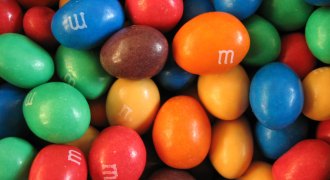 Neuroscience
NeuroscienceObese women struggle to learn food associations
In a lab experiment, women fail to connect color signal with tasty reward, a deficit that may contribute to obesity.
-
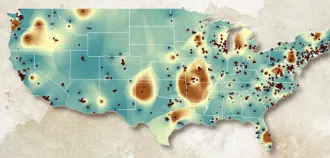 Microbes
MicrobesFront doors carry ‘thin patina’ of poop bacteria
A new map shows that Americans’ front door frames are coated in gut-dwelling microbes.
-
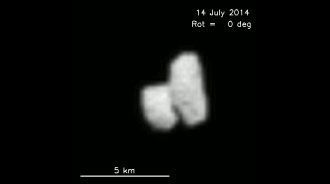 Planetary Science
Planetary ScienceRosetta spacecraft sees possible ‘double’ comet
The comet 67P/Churyumov-Gerasimenko may actually be two objects stitched together.
-
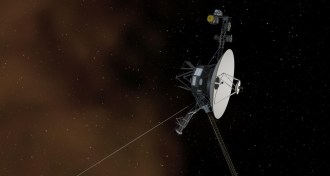 Astronomy
AstronomyVoyager may not have entered interstellar space, after all
Two scientists argue that Voyager 1 space probe is still in solar bubble, despite NASA’s announcements to the contrary.
By Andrew Grant -
 Particle Physics
Particle PhysicsDark matter hunters may get three new experiments
NSF and DOE have approved three new facilities to look for the exotic particles that might make up dark matter.
-
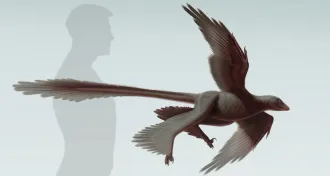 Paleontology
PaleontologyDinos’ long tail feathers may have stopped crash landings
C. yangi's long tail feathers may have helped it control its flight speed as it tried to land.
-
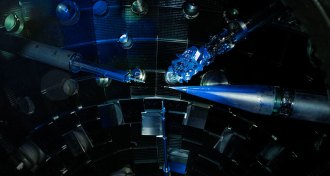 Physics
PhysicsDiamonds under pressure impersonate exoplanet cores
Scientists use lasers at the National Ignition Facility to squeeze diamonds to the extreme pressures found inside massive exoplanets.
-
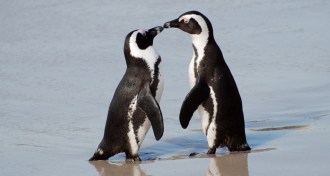 Life
LifeYou don’t have to go to Antarctica to see wild penguins
Tourists can visit many species of wild penguins outside of Antarctica.
-
 Plants
PlantsWine corks may owe quality to gene activity
Discovery of genes that distinguish superior stoppers from inferior ones could help reverse recent global downturn in quality.
By Nsikan Akpan -
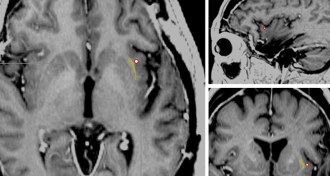 Neuroscience
NeuroscienceElectrode turns consciousness on and off
Woman lost awareness, though appeared awake, when her brain was stimulated near an area called the claustrum.
-
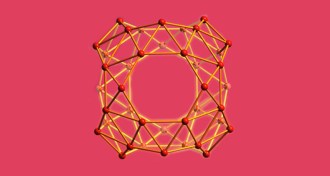 Chemistry
ChemistryBoron atoms take on buckyball shape
The first boron buckyball-like molecule could be used for storing hydrogen, scientists suggest.